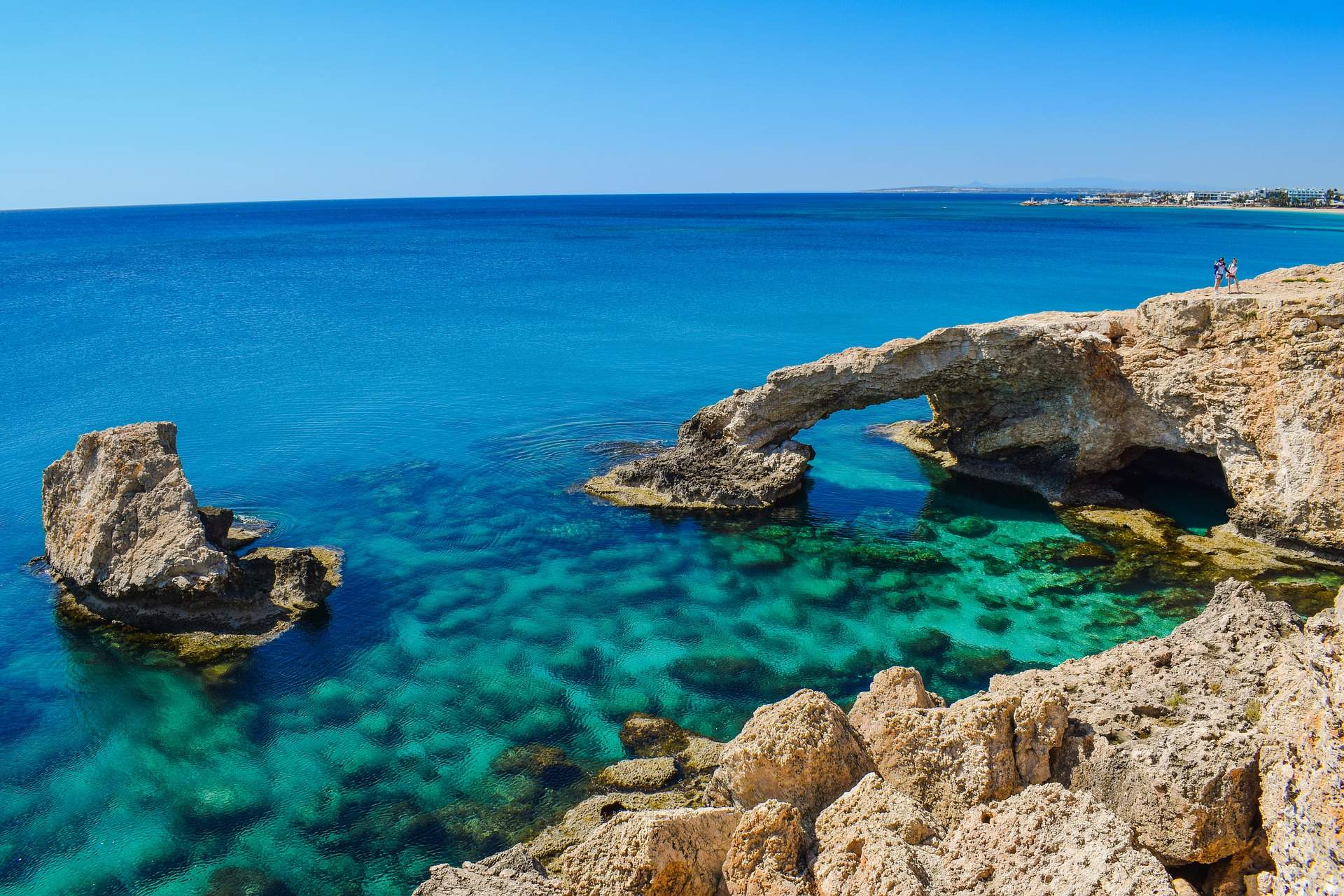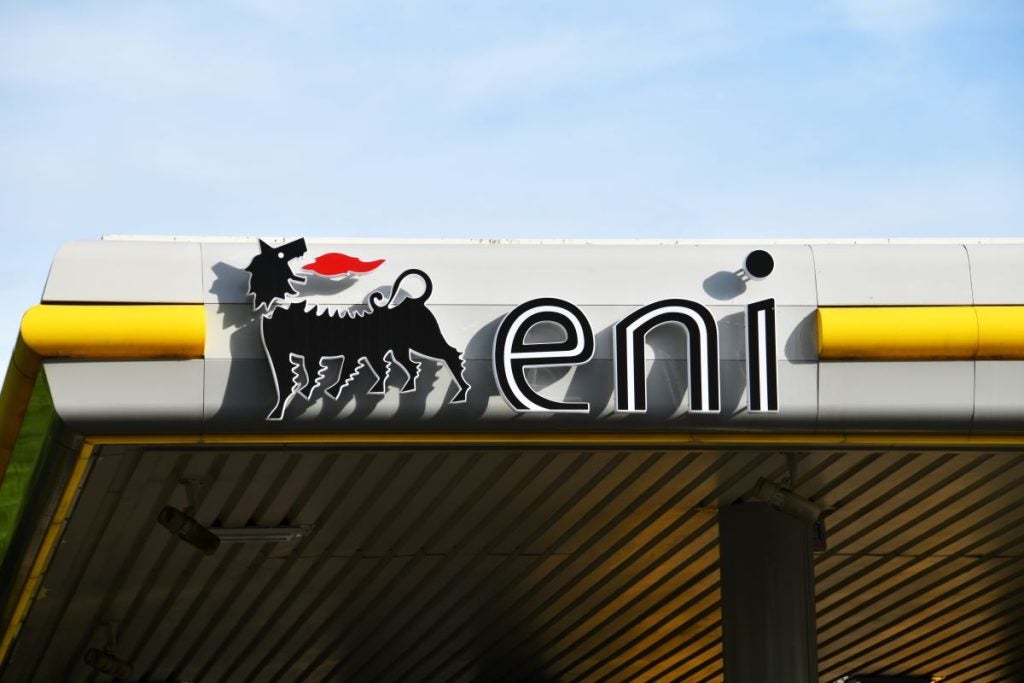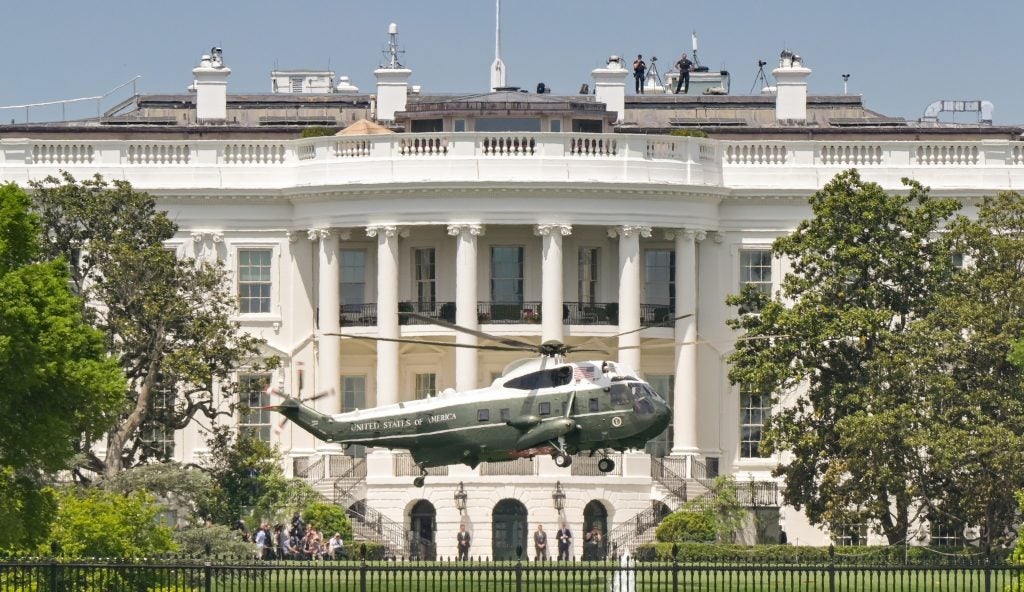
When the US firm Noble Energy first discovered the Aphrodite gas field off the coast of southeast Cyprus in late 2011, expectations in the small Mediterranean island were high. It was hoped the 125 billion cubic meters of gas potentially hidden under the surface could help the country become a major regional energy player and even galvanise efforts to reconcile its estranged Greek and Turkish communities.
Fast forward seven years however, and the much-vaunted deposits seem to have resulted in little but polarisation and further geopolitical tensions in the already troubled region.
In February, Turkish warships were dispatched to prevent operations by the Italian energy company Eni, which had been commissioned by the Cypriot government to carry out drilling activities. A month later, in March, Turkey announced plans to send its own drilling ship to the region a few days after the US energy giant ExxonMobil dispatched survey vessels to the area. Both incidents marked a low point in a mounting dispute between Turkey and Cyprus over the oil and gas deposits.
“It was a step further in the escalation level,” says Hubert Faustmann, professor of history and international relations at the University of Nicosia. “To send warships to [stop] foreign drilling ships has not happened before.”
A divided island
Diplomatic relations between the two countries have been severed since 1974, following a Turkish invasion in Cyprus triggered by a short-lived Greek coup. Today, Cyprus is divided into two zones: the internationally recognised Republic of Cyprus to the south, which covers two-thirds of the country and is inhabited by Greek Cypriots, and the self-declared Turkish Republic of Northern Cyprus (TRNC), which covers the remaining third of the island and is inhabited by Turkish Cypriots.
To defend its interests over the oil and gas, the Cypriot government signed “exclusive economic zone agreements” with both Egypt and Israel, and has given various exploration and exploitation licences to international companies. In response, the TRNC has signed its own agreement with the state-owned Turkish Petroleum Corporation.
How well do you really know your competitors?
Access the most comprehensive Company Profiles on the market, powered by GlobalData. Save hours of research. Gain competitive edge.

Thank you!
Your download email will arrive shortly
Not ready to buy yet? Download a free sample
We are confident about the unique quality of our Company Profiles. However, we want you to make the most beneficial decision for your business, so we offer a free sample that you can download by submitting the below form
By GlobalDataWhile the brinkmanship of Turkish President Recep Tayyip Erdoğan – who has said he will not accept reserves being exploited by Greek Cypriots – has made headlines, Faustmann says the Cypriot government bears equal responsibility for the crisis.
“The Greek Cypriots made it very clear from the beginning that they had exclusive rights to explore for oil and gas to the exclusion of the Turkish Cypriots,” says Faustmann. “They made very ambivalent statements concerning revenue-sharing too.”
A fight over nothing?
Precisely what the two are fighting over is up for debate. As things stand, Cyprus lacks the infrastructure necessary to export gas to Europe. A pipeline to connect the fields through Italy has been proposed but analysts say it is too expensive and unlikely to attract investment given the relatively minor reserves that have been discovered to date. Even
if it is built, few think the gas could be offered at a competitive price by the time it passes through the pipelines and reaches European countries.
“It is a lot of noise about very little,” says Faustmann. “The findings might be significant for Cyprus but they’re not significant for Europe. There is a lot of political struggle but if you look at the economic viability we are short of a big find.”
That said, further escalation is likely in the short-term, with forthcoming presidential elections expected to up the stakes in Turkey, which is also in a dispute with Greece over contested islands in the Aegean Sea and is fighting a war against American-backed Kurdish forces in northern Syria. Faustmann says these issues are all connected.
“Erdogan is in pre-election mode and is desperate to win for his physical, not just his political survival,” he says. “His campaign will be full of external enemies and crisis situations where he can pose as the patriot and pander to nationalist sentiments. You can expect extremely harsh responses on any front simply to score goals. After the election he might de-escalate, but for now I expect an increase in tensions.”
Interim Committee
Talk of open conflict between Turkey and Cyprus is unlikely however. Ankara’s hands are currently full with the conflict in Syria’s Afrin province and the government is unlikely to risk its economic ties with Europe over a relatively minor amount of gas.
Greek Cypriots also “have no military capacity” to escalate the situation, adds Faustmann. “They have no navy. If the Turks do something, the Greek Cypriots cannot militarily respond, it is just not an option.”
To end the crisis, some have recommended the creation of an interim committee where both Cypriot communities can make joint decisions on the exploration and exploitation of gas and future revenue-sharing.
But this remains unlikely. What is really needed, says Faustmann, is a genuine solution to the decades-long animosity between Greek and Turkish Cypriots that has plagued this small island.
“Without a solution to the Cyprus problem, the hydrocarbon issue cannot be solved,” he says.







